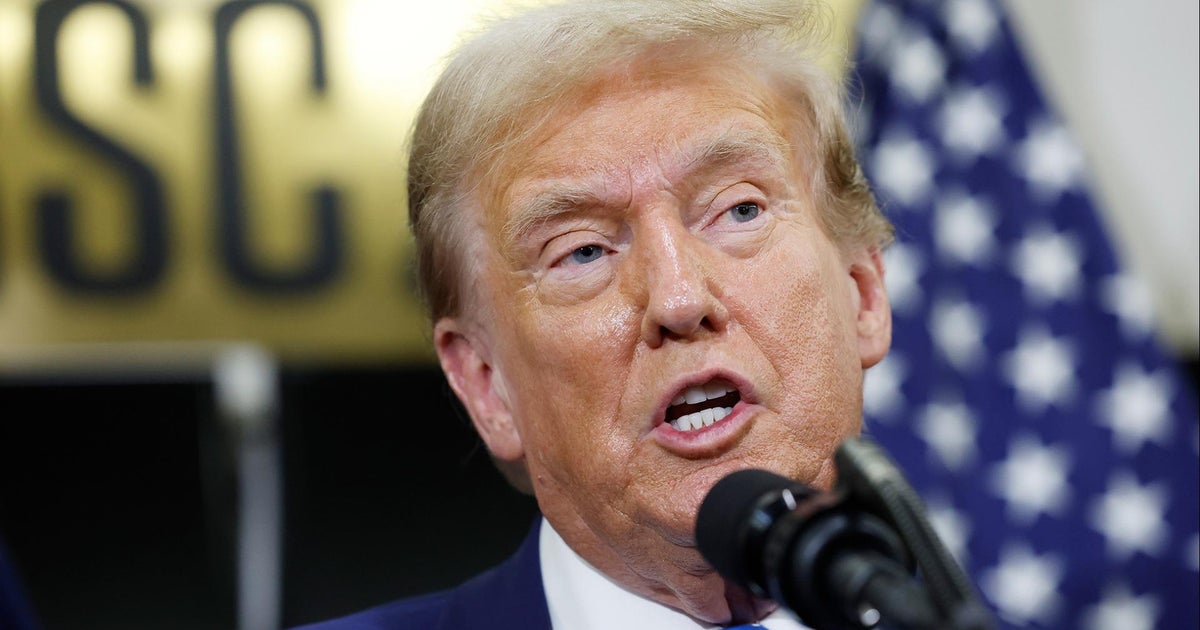
Trump is proposing a 10% tariff. Economists say that amounts to a $1,700 tax on Americans.
CBSN
Former President Donald Trump is pledging to supercharge one of his signature trade policies — tariffs — if he's re-elected this November, by imposing 10% across-the-board levies on all products imported into the U.S. from overseas. The idea, he has said, is to protect American jobs as well as raise more revenue to offset an extension of his 2017 tax cuts.
But that proposal would likely backfire, effectively acting as a tax on U.S. consumers, economists spanning the political spectrum say. If the tariffs are enacted — with Trump also proposing a levy of 60% or more on Chinese imports — a typical middle-class household in the U.S. would face an estimated $1,700 a year in additional costs, according to the right-leaning Peterson Institute for International Economics.
Meanwhile, the left-leaning Center on American Progress has also crunched the numbers and projects roughly $1,500 per year in extra costs for the typical household. The reason, according to experts: Companies in the U.S. that import goods from abroad typically pass the cost of tariffs onto American consumers; relatedly, domestic manufacturers then often raise their own prices.
